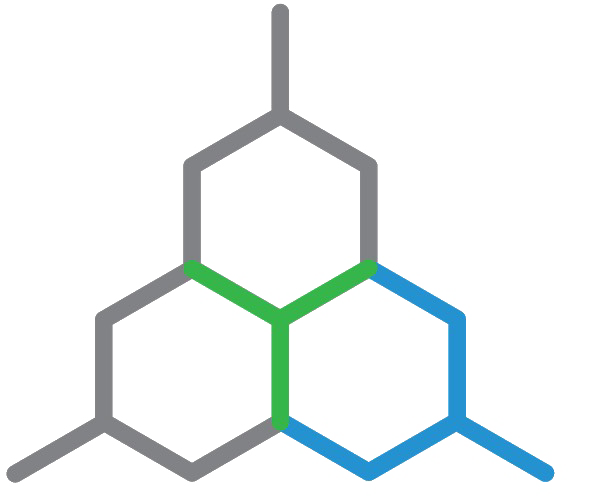Digital Health Experts Needed for Transnational Forum
The IDIH Project (International Digital Health Cooperation for Preventive, Integrated, Independent and Inclusive Living) is setting up an expert-driven “Digital Health Transformation Forum” with five strategic partner countries: Canada, China, Japan, South Korea and the USA. At workshops held all over the world, experts will be placed into groups that will collaborate on a roadmap for sustainable, international cooperation in digital health. The Expert Groups will undertake collaborative actions in four focus areas: preventative care, integrated care, independent and connected living, and inclusive living for the rapidly growing aging population.
Who can apply? The IDIH Project is looking for individuals whose expertise is in alignment with the aforementioned focus areas, have a proven track record in their field, and are able to contribute towards the objectives of the expert group. Please note the candidate must be from the EU, USA, Canada, China, Japan or South Korea to be considered.
To apply, please send your CV with a short explanation on why you are interested in becoming an Expert Group member or Chair, to experts@idih-global.eu
Act fast—the call for experts closes on January 31st, 2020!
Key Themes at J.P. Morgan Health Conference
Last week, health care executives, innovators, and thought leaders came together for The 38th Annual J.P. Morgan Health Conference. Christina Farr of CNBC highlighted key themes she observed from the panel discussions and guests’ conversations, such as the need for narrowing the scope of digital health’s definition. The all-encompassing term that relates to the intersection of digital health and technology often creates confusion for patients and health care providers due to its breadth. Another key topic of discussion was the surge of big tech in the health care space. Google’s Project Nightingale served as the prime example of the conflict between data-sharing and privacy. Farr also noted a lack of racial, gender and patient advocate representation, whose presence add important voices often missing from the health tech conversation.
Fitbit Could Help Track the Flu
A study published by the Scripps Research Translational Institute suggests that resting heart rate and sleep duration data collected from Fitbit devices can inform models of population-level influenza trends. Typically, Centers for Disease Control influenza-like illness (ILI) data are reported one - three weeks late, and often revised. Wearable devices provide real-time estimates of ILI markers. The study obtained over 13 million resting heart rate and sleep duration measurements that denoted periods of illness, and combined the data points with three-week lagged CDC ILI incidence data. The real-time wearables estimates improved the correlational accuracy of their models by as much as 32.9%. The study’s results point to continuous monitoring technology’s capacity to inform and support efficient responses to potential outbreaks of large-scale diseases.



